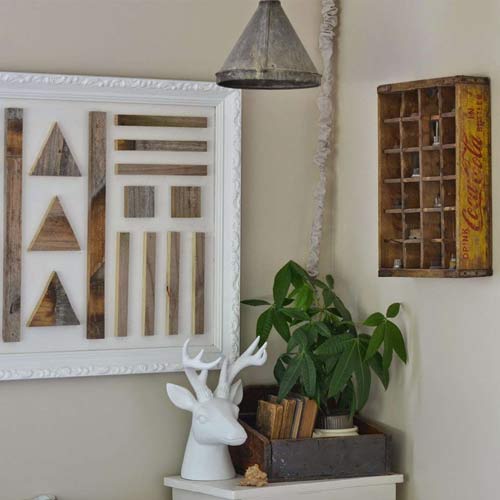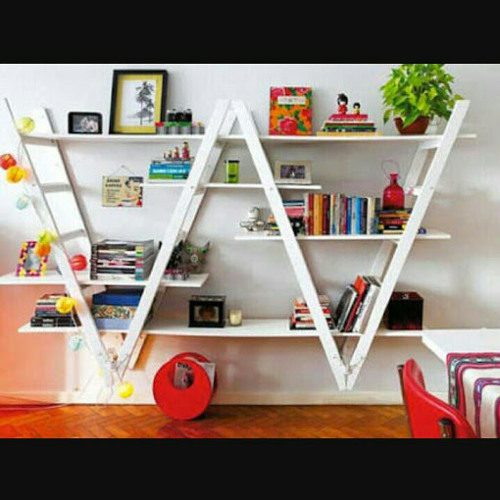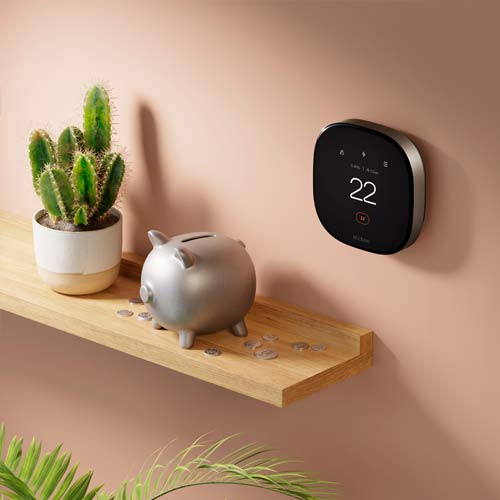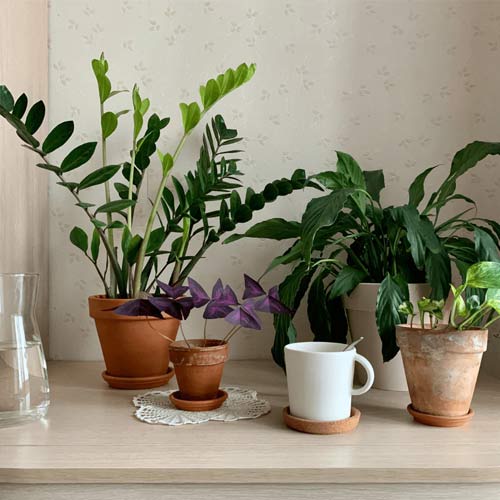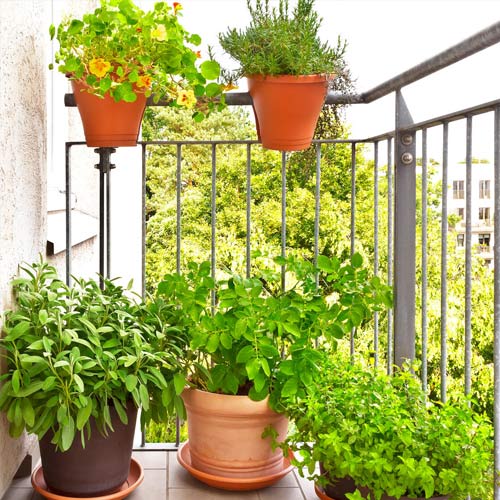
Introduction
Off-grid living is about achieving true independence, living without relying on public utilities for electricity, water, or waste systems. Whether you want to be more self-reliant, reduce your environmental impact, or embrace a simpler lifestyle, off-grid living can be incredibly rewarding. However, it also requires thoughtful planning, investment, and a realistic understanding of what it takes.
Off-grid living is about achieving true independence, living without relying on public utilities for electricity, water, or waste systems. Whether you want to be more self-reliant, reduce your environmental impact, or embrace a simpler lifestyle, off-grid living can be incredibly rewarding. However, it also requires thoughtful planning, investment, and a realistic understanding of what it takes.
In Pakistan, where load-shedding and unreliable utilities are common, off-grid living isn’t just a lifestyle choice — it can be a practical necessity. For rural communities and even urban households seeking energy independence, embracing off-grid solutions offers a way to take control over daily essentials like power, water, and waste management. It’s not about cutting off from the world, but about creating a resilient setup that supports your family’s needs without depending on inconsistent services.
Yet, the transition isn’t as simple as installing a few solar panels. It demands a clear plan, understanding of local resources, and willingness to adapt. From the scorching summers of Sindh to the freezing winters of northern Pakistan, off-grid systems must be designed to handle extreme conditions. This guide will walk you through the essential components you need to think about before taking the leap into a self-sufficient, off-grid lifestyle.
This guide will give you a practical overview of what you need to know before making the leap.

1. Power Generation
The most critical part of off-grid living is a reliable power source. Solar panels are the most popular choice, especially in Pakistan’s sunny regions like Punjab and Balochistan, where solar irradiance is high. Pairing solar panels with battery storage systems ensures that electricity remains available during nighttime or cloudy weather. For areas with consistent wind patterns, like coastal regions of Sindh, small wind turbines can be an excellent supplementary source of power.
If you have access to flowing water, a micro-hydro system could provide a stable year-round energy supply, though this is more common in hilly areas like Khyber Pakhtunkhwa and Gilgit-Baltistan. A backup diesel or petrol generator is also a wise investment for emergencies, especially during peak consumption periods or extended bad weather. Before setting up your system, carefully calculate your household’s daily power requirements, considering appliances, lighting, and seasonal usage. Investing in energy-efficient appliances will reduce your overall power load, making your off-grid setup more manageable and cost-effective.
A backup generator is wise in case of extended bad weather or high demand. Always calculate your total power needs in advance.

2. Water Supply
Access to a reliable and clean water supply is fundamental for off-grid living. In Pakistan, groundwater remains the primary source for many rural households, which makes digging a well a popular option. However, before drilling, it’s crucial to conduct a proper survey to ensure the water table is accessible and not contaminated. Well water systems need efficient pumping solutions—solar-powered water pumps are an excellent choice to maintain sustainability without adding extra load on your power system.
Rainwater harvesting is another practical method, especially in regions with seasonal monsoons. Installing rooftop collection systems with proper filtration units can supply a significant portion of household water needs. Large storage tanks are essential to capture and store enough water to last through dry spells. Ensure your tanks are UV-protected and sealed to prevent algae growth and contamination.
For households near natural springs or streams, gravity-fed water systems can be set up, reducing reliance on pumps. However, in all cases, water purification is non-negotiable. Simple sand filters, UV purifiers, and even basic boiling techniques should be part of your daily routine to ensure drinking water remains safe.
It’s also wise to implement a greywater recycling system. Water from sinks, showers, and laundry can be filtered and reused for gardening or toilet flushing, conserving precious freshwater. With smart planning and local resource assessment, achieving a sustainable water supply is very possible for off-grid homes in Pakistan.
Access to clean water is essential. Many off-grid homes rely on:
- Wells
- Rainwater harvesting systems
- Natural springs
It’s important to have a water purification or filtration setup to ensure drinking water stays safe and to plan for enough water storage to last through dry seasons.
3. Waste Management
Managing waste responsibly is a vital component of off-grid living, especially in Pakistan where municipal waste disposal services are often unreliable or nonexistent in rural areas. One of the most effective solutions for human waste is a composting toilet. These systems break down waste into safe, usable compost over time, eliminating the need for septic tanks or sewage connections. They are cost-effective, eco-friendly, and well-suited for areas with limited water availability.
For households with access to space and resources, installing a septic system is another option. While it requires initial investment and proper maintenance, it provides a reliable long-term solution for managing blackwater. Regular inspections and desludging are necessary to prevent environmental contamination.
Greywater, which comes from sinks, showers, and laundry, can be recycled and reused for irrigation or flushing toilets. Simple greywater filtration systems using gravel, sand, and natural filters can significantly reduce water wastage and keep gardens thriving.
Solid waste management is equally important. Establish a composting area for organic kitchen scraps, turning waste into nutrient-rich soil for gardening. Non-recyclable waste should be minimized through conscious consumption, while recyclables like plastic, glass, and metal should be cleaned and stored for periodic transport to recycling centers.
Creating a sustainable waste management plan not only protects your immediate environment but also ensures your off-grid lifestyle remains clean, hygienic, and eco-friendly. With proper systems in place, managing waste off the grid becomes a manageable and even rewarding part of daily life.
Without municipal sewage systems, you’ll need an alternative waste solution. Common options include:
- Composting toilets
- Septic systems
- Greywater recycling systems
Planning how to handle waste safely and sustainably is critical for both health and environmental reasons.
4. Heating and Cooling
Heating and cooling are essential for comfort in Pakistan’s diverse climate, where temperatures can swing from freezing in the northern regions to blistering heat in the south. Off-grid homes need to rely on passive and energy-efficient methods to maintain indoor temperatures without overloading power systems. Proper insulation is the first step—invest in high-quality materials for walls, roofs, and floors to minimize heat loss during winter and reduce heat gain in summer.
For heating, wood-burning stoves remain a reliable and sustainable option, especially in areas where firewood is accessible. Alternatively, biomass briquettes made from agricultural waste are an eco-friendly solution. In colder regions like Gilgit-Baltistan, passive solar heating through large, south-facing windows can significantly warm interiors during sunny winter days.
When it comes to cooling, natural ventilation is key. Design your home with strategically placed windows and ventilation shafts to encourage cross-breezes. Shade structures such as pergolas, trellises with climbing plants, and wide eaves can block direct sunlight and keep indoor temperatures cooler. Installing ceiling fans or solar-powered pedestal fans can also help circulate air efficiently.
For extreme heat, evaporative coolers (desert coolers) that use minimal water and electricity are a practical choice in dry climates. Additionally, using light-colored roofing materials and reflective coatings will reduce heat absorption. By integrating these passive design strategies with efficient appliances, you can create a comfortable living environment year-round while staying completely off-grid.
Because you can’t count on the grid, heating and cooling should be efficient and sustainable. Many off-grid homes use wood stoves, propane heaters, or passive solar designs to keep warm. Good insulation is vital to maintain stable indoor temperatures.
For cooling, think about natural ventilation, shade structures, and energy-efficient fans.
5. Food Production
Many people living off-grid grow their own food. Raised bed gardens, greenhouses, and even small livestock like chickens or goats can help provide a steady food supply. Food preservation skills, like canning, drying, and fermenting, are also valuable.
Producing your own food is a key pillar of off-grid living, providing both security and sustainability. In Pakistan, the climate varies greatly, so tailoring your food production methods to local conditions is essential. Raised bed gardens are an excellent way to maximize limited space and improve soil quality, making them ideal for small plots or urban rooftops. Start with high-yield vegetables like tomatoes, spinach, and okra, which are well-suited to Pakistan’s climate and provide a continuous harvest.
For year-round food supply, small greenhouses or poly-tunnels can extend your growing season, protect plants from harsh weather, and enable you to cultivate more delicate crops. Drip irrigation systems powered by solar pumps can greatly conserve water while ensuring your crops receive consistent hydration.
Incorporating small livestock like chickens, ducks, or goats can further enhance your food independence. Chickens provide fresh eggs daily, while goats offer milk and can help manage weeds. Ensure you have proper shelters and access to clean water for your animals to keep them healthy.
Food preservation is equally important. Learn skills like sun-drying fruits and vegetables, fermenting pickles, and traditional canning methods to store surplus produce. By growing and preserving your own food, you not only reduce reliance on markets but also gain control over the quality and sustainability of your diet.
Through careful planning and practical techniques, food production can become a rewarding and resilient part of your off-grid lifestyle in Pakistan.
6. Communication and Internet
Living off-grid doesn’t mean you have to disconnect entirely. Options like satellite internet, cell boosters, and ham radios can help you stay connected to the world while enjoying your off-grid freedom.
Living off-grid doesn’t mean living off-communication. In Pakistan, staying connected is essential for safety, work, education, and access to information. While traditional broadband services may be unavailable in remote areas, several alternative solutions can keep you connected.
Satellite internet is the most reliable option for off-grid locations, providing consistent access regardless of local infrastructure. Services like Starlink are slowly expanding, but existing providers like PTCL’s satellite services or international providers can be considered. Though it involves a higher upfront cost, it’s a dependable long-term investment for uninterrupted connectivity.
In areas with weak but existent cellular coverage, installing signal boosters can significantly improve mobile network strength. These boosters amplify weak signals, allowing for stable phone calls and mobile internet via 3G or 4G networks. Pairing a mobile hotspot with a booster can create a decent internet setup for general browsing and communication.
For emergency communication or areas with no mobile service at all, ham radios (amateur radio) remain a practical solution. They allow long-distance communication, especially vital during natural disasters or technical outages.
Additionally, solar-powered communication devices, such as satellite phones and emergency radios, can ensure you’re never completely cut off. Consider using offline-capable apps for maps, books, and essential resources as a backup for digital information.
By combining these technologies, off-grid households in Pakistan can maintain essential communication lines, ensuring safety, productivity, and a connection to the wider world even in the most remote settings.
7. Mindset and Skills
Thriving in an off-grid lifestyle isn’t just about systems and technology—it’s about developing the right mindset and equipping yourself with practical skills. In Pakistan, where infrastructure can be unreliable and resources scarce, cultivating self-reliance becomes essential. Embracing a problem-solving attitude, patience, and adaptability will help you navigate the daily challenges of living independently.
Start by building foundational skills in areas like basic carpentry, plumbing, and electrical repairs. Knowing how to fix a leaky pipe, wire a simple circuit, or construct a storage shed can save you time and money. Gardening, animal husbandry, and food preservation skills will empower you to sustain your food supply year-round.
First aid and emergency preparedness are also critical. Enroll in a basic first aid course and keep a well-stocked medical kit, especially if you live far from medical facilities. Additionally, learning how to manage minor health issues at home can be life-saving in emergencies.
Networking with other off-grid enthusiasts, both locally and through online communities, can provide valuable insights and moral support. Sharing experiences, resources, and solutions can make your off-grid journey smoother and less isolating.
Finally, mental resilience and a willingness to continuously learn are perhaps the most vital attributes. Off-grid living often requires creative problem-solving, improvisation, and long-term thinking. By fostering a self-reliant mindset and continuously developing your skills, you’ll not only survive but thrive in a sustainable, independent lifestyle.
Finally, off-grid living demands a can-do mindset and a willingness to learn. Skills in basic carpentry, plumbing, electrical, gardening, and first aid are extremely helpful. Community support from other off-grid neighbors can also be a lifeline.
Conclusion
Off-grid living offers a unique blend of freedom, sustainability, and self-reliance, but it also comes with its fair share of challenges. In Pakistan, where unreliable utilities are a daily struggle for many, creating a self-sufficient lifestyle can be both a necessity and a rewarding choice. However, the journey requires careful planning, resourcefulness, and a proactive mindset.
Building an off-grid home is not a one-time setup; it’s an ongoing process of learning, adapting, and optimizing. Every component—be it power generation, water sourcing, waste management, or food production—must be tailored to your location’s specific conditions and your family’s needs. Investing in energy-efficient technologies, sustainable farming practices, and eco-friendly waste solutions will pay dividends in the long run, reducing both your environmental footprint and your monthly expenses.
Equally important are the skills and mental resilience needed to handle the unexpected. From repairing a broken water pump to preserving a surplus harvest, being able to solve problems independently is what truly defines off-grid living. Building connections with other off-grid communities and continuously educating yourself on sustainable practices will keep you ahead of challenges.
Off-grid living isn’t about isolation it’s about creating a lifestyle where you control your essentials, live in harmony with nature, and enjoy the peace that comes with self-reliance. With the right preparation, mindset, and skills, you can not only survive but truly thrive off the grid, enjoying a simpler, more meaningful life that aligns with your values and the environment.


